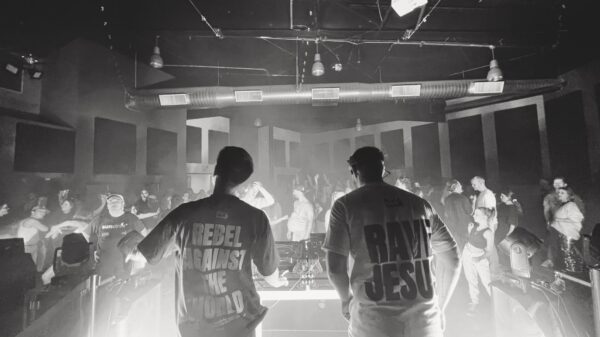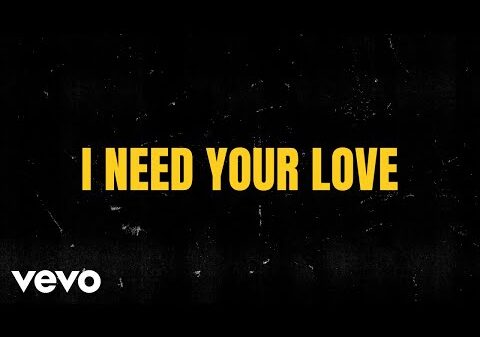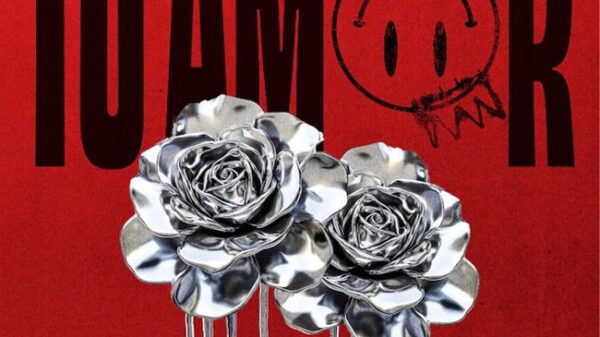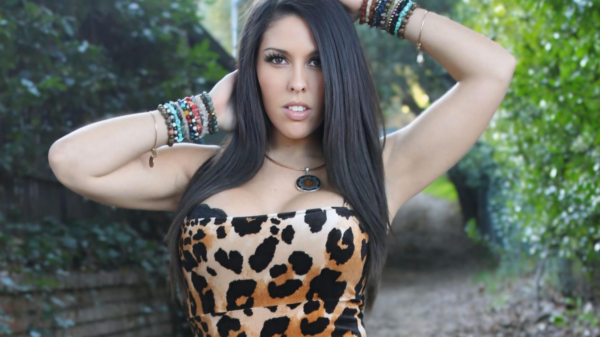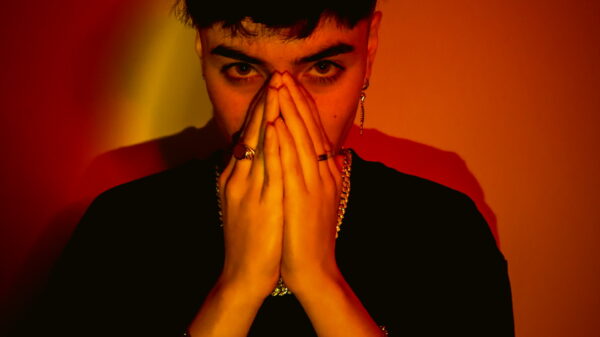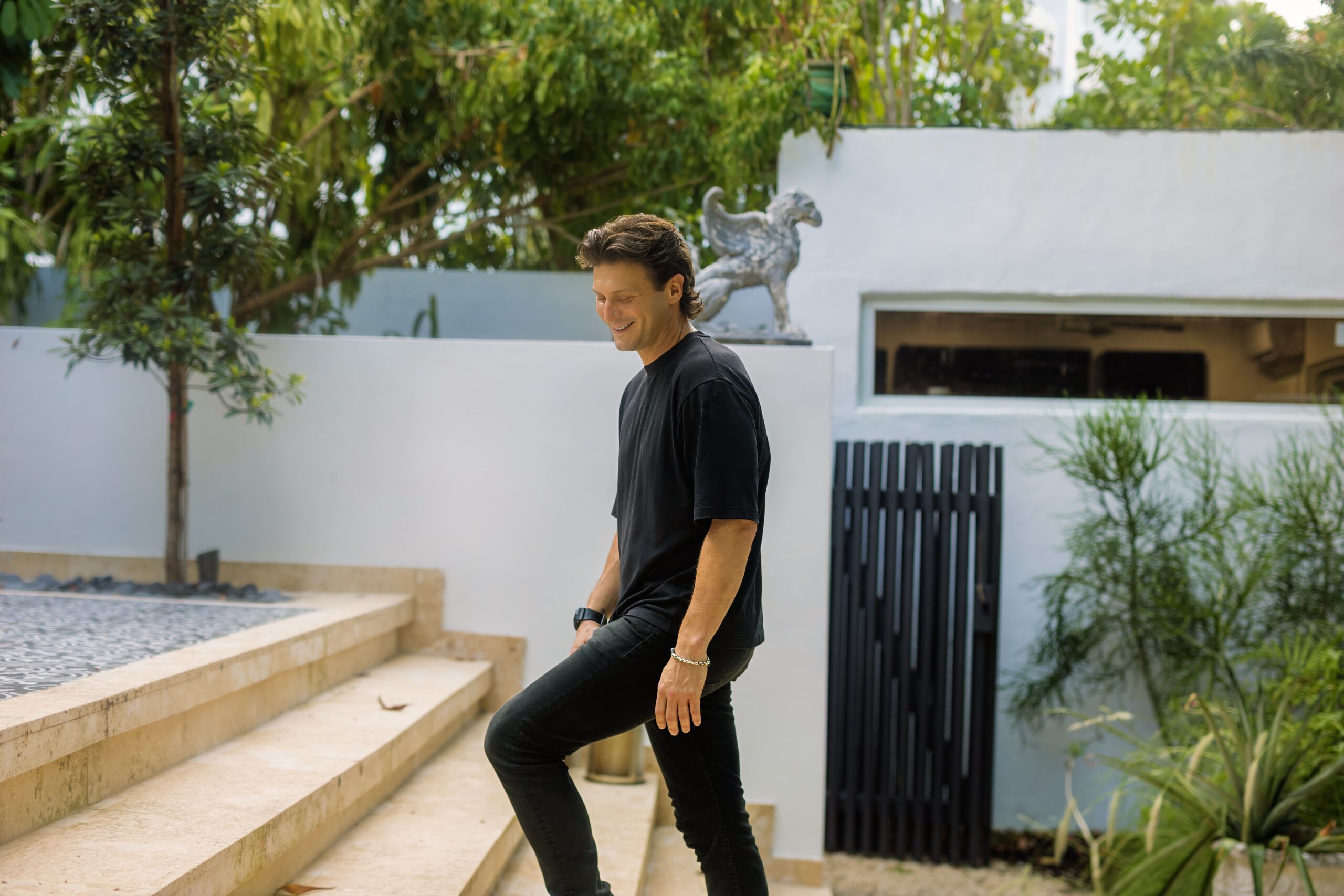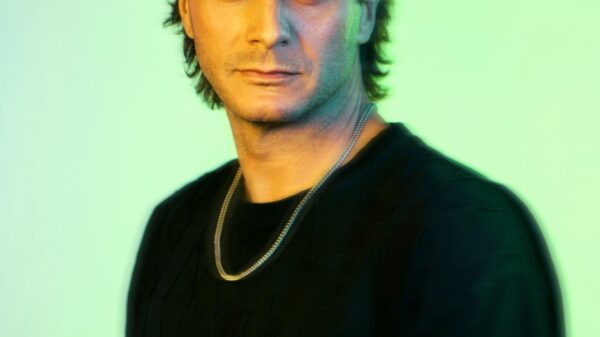Alex Cecil is a name that resonates with versatility and a fearless approach to creativity in Electronic Music. His journey, which began with classical cello performances in esteemed venues like Carnegie Hall, has evolved into a dynamic career that bridges the structured world of classical music and the pulsating, genre-fluid universe of Electronic Music. Growing up amidst the vibrancy of New York City’s legendary club scene, Cecil's path into the industry reflects both an appreciation for tradition and a desire to break boundaries.
From standout performances at iconic venues like Burning Man and House of Yes to topping charts with tracks like his debut single, ‘Alpha Lupi’, Alex Cecil has continuously proven his ability to innovate while staying connected to the emotional core of music. We sat down with Alex to discuss his eclectic influences, the significance of his classical roots, and the evolving nature of his sound and performances.
Hi Alex, how’s it going?
Great! Working on new music including a collaboration with my homie Nii Tei, and planning some upcoming shows I’m really excited for.
Can you describe your journey into Electronic Music; how did you transition from classical cello performances at venues like Carnegie Hall to producing and performing Electronic Music?
I grew up deep in Classical music, with all the structure and discipline that comes with it. Playing at places like Carnegie Hall was incredible—it taught me the importance of precision and emotional expression. But I always had this itch to break the mold. Later, I found myself in clubs and just fell in love with the hypnotizing nature of House and Techno — something just clicked.
From there, down the rabbit hole I went. The energy, the community—it felt limitless compared to the rigid world of classical. I started tinkering and suddenly, almost immediately, I was hooked!
What role did growing up in New York City’s club scene play in shaping your career in music?
Growing up in NYC and being immersed at legendary spots like Limelight, Pacha, or Cielo, definitely left their mark on me. You learn to appreciate how diverse music can be. One night you’re dancing to soulful house; the next, it’s a gritty techno set. That melting pot vibe is something I carry with me in my music. I want my music to feel like that – unexpected but always electric.
You’re known for blending styles and genres. Which have been the most influential to you, and how do they manifest in your work?
For me, it’s a mix of everything: the storytelling of classical, the raw energy of House and Techno and the weirdness of Indie Dance and electronica. All these pieces sneak their way into my tracks – sometimes subconsciously. I like to take familiar elements and flip them on their head—blending nostalgia with something fresh. It’s less about fitting into a genre and more about creating a vibe that makes you feel something.
What has been the most rewarding part of your journey in the Electronic Music scene so far?
When someone tells me that my music got them through an especially hard/difficult time in their life. Knowing that music I created or weaved together can connect with someone on such a visceral level—it’s unbeatable.
Also, hearing my music played by artists I've always looked up to and admired? That’s a surreal feeling.
What significance would you say your performances at renowned venues and festivals, such as Burning Man, Hideout Festival, and Floyd at Club Space, have had on your approach and career?
Each of those experiences have taught me something different. Burning Man pushes me to think outside the box and truly adapt to the moment because you never know what the vibe is going to be – complete white out or blue skies. 10 people or 200 people. Or 10 people and then all of a sudden 200 people. Hideout Festival brought out my love for big, unapologetic energy, while Floyd at Club Space always reminds me of the intimacy and connection a great club can have. These experiences shape how I approach every set. One thing I am always working on is keeping my signature style no matter what genre I’m playing. It’s tricky. But doable!
What aspects of the Electronic Music industry excite you the most right now?
There’s less gatekeeping now—artists are experimenting, and fans are open to it. Plus, the tech side of things is wild. AI is pushing boundaries in a whole new way. Shows are evolving —more immersive, more experiential. It’s an amazing time to be part of the music scene.
Can you discuss the influence of your classical training on your approach to creating electronic tracks?
Classical training gave me a solid foundation in storytelling and music theory. Incorporating moments of peace, tension, intensity and resolution. I’ll catch myself thinking in terms of movements or dynamics when I’m building a track or thinking about an upcoming set. It’s less about slapping a beat together and more about crafting a journey. I think it also makes me more comfortable experimenting—breaking “rules” because I know why they exist in the first place.
How do you see your music evolving over the next few years?
I want to keep pushing boundaries while staying true to what makes my sound unique. I see myself diving deeper into live performance elements—bringing the cello back in unexpected way. I also want to explore more immersive, cinematic projects. Maybe even scoring for film or doing some art installations with music. More collaborations for sure. I think it’s really unique and amazing what can come from a good collab – just like a great b2b set. It can create a “third thing” – something that is beyond the individual artists.
What are your goals for expanding your music and performances in the coming year?
I want to play more abroad this upcoming summer – in intimate spaces where the energy is tangible but also hit bigger stages where I can go all out. Musically, I’m working on a lot right now that I’m eager to release in the upcoming year. Everything from dark, brooding and powerful to upbeat and fun.
Alex Cecil’s journey so far showcases his versatility and focus on self-expression. From his classical roots to the dancefloors of some of the world’s most iconic venues, he’s continually pushing the boundaries of what it means to be an artist in the Electronic Music space. As he looks ahead to new collaborations, immersive projects, and genre-defying releases, it’s clear that Cecil’s unique voice will continue to captivate audiences globally.

